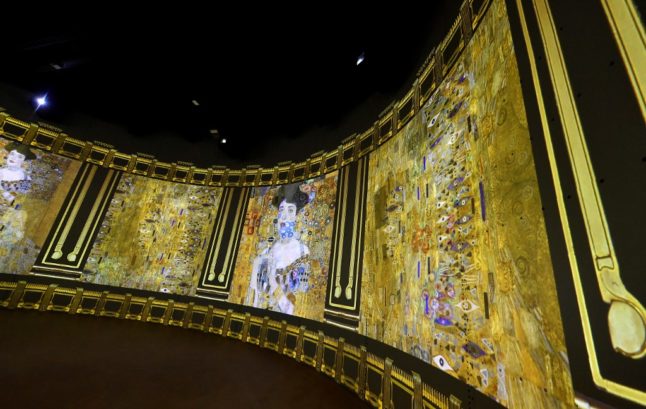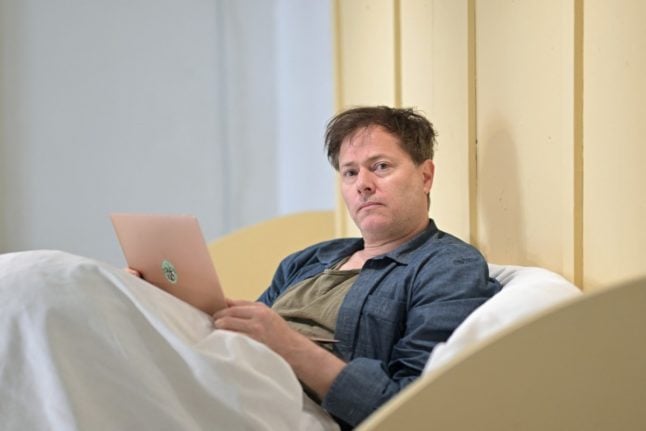“Bildnis Fraeulein Lieser” (Portrait of Miss Lieser) was commissioned by a wealthy Jewish industrialist’s family and painted by Klimt in 1917 shortly before he died.
The well-preserved painting, which shows a dark-haired woman, was presented to the public in Vienna for the first time on Thursday. It is due to be auctioned off on April 24th on behalf of the current Austrian owners and the legal successors of the Lieser family on the basis of an agreement in accordance with the Washington Principles.
That 1998 international agreement set out the procedure for returning art stolen by the Nazis. The work was last seen at a Viennese exhibition in 1925, documented by a black-and-white photo cited as the only previous proof of its existence.
The photo identifies the last owner of the painting as a member of the Lieser family, who lived at Vienna’s “Argentinierstrasse 20”.
Henriette Lieser, who had remained in Vienna despite the Nazi rule, was deported in 1942 and murdered in Auschwitz in 1943.
The unfinished portrait re-emerged when the current owner sought legal advice from lawyer and art law expert Ernst Ploil before inheriting it.
Tracing its provenance
Despite extensive research, it remained unclear how the family of the current owner, who has possessed the artwork since the 1960s, obtained it, Ploil told journalists Thursday.
“We have a gap between 1925 and the 1960s,” he added. But he stressed that they had found no evidence that the work had been looted, stolen or unlawfully seized before or during the Second World War.
The back of the painting is “completely untouched” and has “no stamps, no stickers, nothing”, Ploil said.
“There are no indications of any illegal confiscation during the Nazi era, i.e. the usual stamps from the Gestapo or a shipping house where looted art was stored,” he added.
No claims have yet been made by the descendants of the Lieser family, but some of them have travelled to Vienna to see the painting.
Klimt portraits rarely come on to the open market.
The Kinsky auction house estimates its value at 30 to 50 million euros ($33-55 million), but considering recent Klimt auctions, higher sums are conceivable.
Last June, Klimt’s “Dame mit Faecher” (Lady with a Fan) was sold in London for £74 million ($94.3 million at the time), setting a new European art auction record.
The previous auction record for an artwork sold in Europe was for Alberto Giacometti’s “Walking Man I”, which went for £65 million in February 2010.



 Please whitelist us to continue reading.
Please whitelist us to continue reading.
Member comments